Gastric bypass surgery is a procedure employed for the reduction of obesity and removal of excessive body fat from the belly area. One of many types of gastric bypass surgery is bariatric weight loss surgery, which reshapes the stomach and connects it to the small intestine so that the person is easily satiated with small meals, which promotes the weight loss. However, after the surgery, the person has to follow a specific diet in order to adjust himself/herself to the recently shaped stomach, as well as to make the recovery process as fast as possible.
Gastric bypass diet after the surgery
Those people who undergo gastric bypass surgery have to take multivitamin supplements for life since the diet after this kind of surgery cannot supply the body with sufficient amounts of essential nutrients. Every person should have his/her own specially planned gastric bypass diet following the surgery.
Four stages of gastric bypass diet after the surgery
Immediately after the procedure, the person should be only on clear liquid diet, which is comprised of soups, water, meat and chicken stocks. Once the person gets used to this diet, semi liquid diet should be introduced. This is the second stage of the gastric bypass diet after the surgery, which usually begins two or three weeks following the procedure. These semi liquid foods should be smooth, pureed and blended and they should always keep the consistency of yogurt, for example. Fat free milk products, non-seed fruits and fish can be used in this stage of the gastric bypass diet. Sweetened foods should be avoided. Semi solid diet after the gastric bypass procedure should be introduced to the patient four to five weeks after the surgery and, of course, when the doctor approves it. Four small servings of the soft semi solid foods a day should be given to the patient who should thoroughly chew the foods for a proper digestion. For example, the patient can eat eggs, fat free milk products, soft turkey meat, tuna salad and cooked vegetables. Low fat solid diet starts 6 weeks after the surgery and in the beginning, the patient usually finds it difficult to digest meats and bread. In this stage, the person should take in enough amounts of proteins, zinc, potassium and iron in order to completely recover from the procedure.

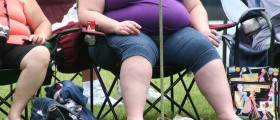
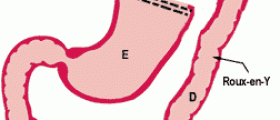
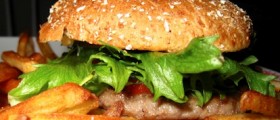
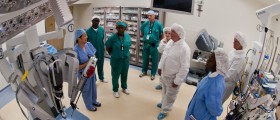

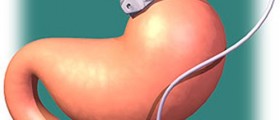


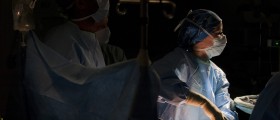


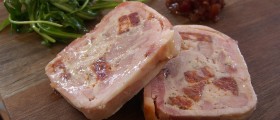

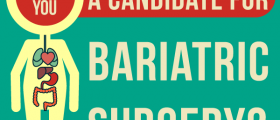
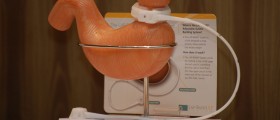
Your thoughts on this
Loading...